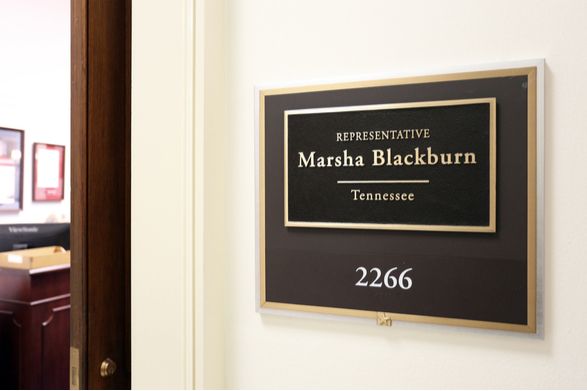Most Americans are shocked to hear that more than 200 millionyoung women and girls around the world have been subjected to the barbaric practice of female genital mutilation. FGM is the cutting or removal of female genitalia for non-medical purposes: a practice that has no real health benefits yet brings lifelong physical and psychological consequences.
In 1996, the United States outlawed the practice, but — disturbingly — it still happens secretly here sometimes.
Last year, a U.S. district judge dismissed charges against two doctors who were charged with cutting or mutilating at least nine girls’ genitalia. The judge’s ruling wasn’t because there was any doubt as to whether these girls, as young as age seven, were brought by their mothers to the Detroit area for a procedure which left them permanently injured and in excruciating pain. Rather, the judge concluded that Congress did not have the authority to pass the 1996 law against FGM, because it had no impact on interstate commerce.
Now Congress is working to right this wrong.
Sens. Marsha Blackburn, Martha McSally, Joni Ernst, Cindy Hyde-Smith, Shelley Moore Capito, and Deb Fisher introduced the Federal Prohibition of Female Genital Mutilation Act of 2019 to amend federal law to make this practice a federal crime under several circumstances. This bill includes the requisite commerce clause language to address the district judge’s concerns and pretext for dismissing the Michigan case.
Blackburn and her colleagues are making it clear that Americans will not tolerate this abuse against our young women and girls. For that, they deserve commendation. But this isn’t the end of the fight against FGM.
Another way to further protect our young women and girls is by making certain all 50 states have laws on their books outlawing FGM. Currently, only 33 states have anti-FGM laws. There are still 17 states that need to recognize this violence and act to protect their young women and girls. Over the next several months, all 50 states should put anti-FGM laws in place or strengthen existing ones.
In addition to putting laws on the books, our state and federal leaders should identify education and outreach opportunities within at-risk communities. According to the Centers for Disease Control and Prevention, an estimated 513,000 women and girls in the United States have experienced or are at risk of FGM. Our legislators should make resources available to train medical and law enforcement representatives to recognize and prevent the practice.
Currently, the Violence Against Women Act is being considered in the Senate. Senators should make sure anti-FGM efforts are included in this important legislation and that VAWA’s funding is available to those who seek to end this practice, which is unquestionably a form of violence against women.
There is much to do, but today, Blackburn began that work and stood up for vulnerable young women and girls. Her colleagues from both sides of the aisle should join her and take this important step to protect young women and girls from a practice that should have no place in this country.


